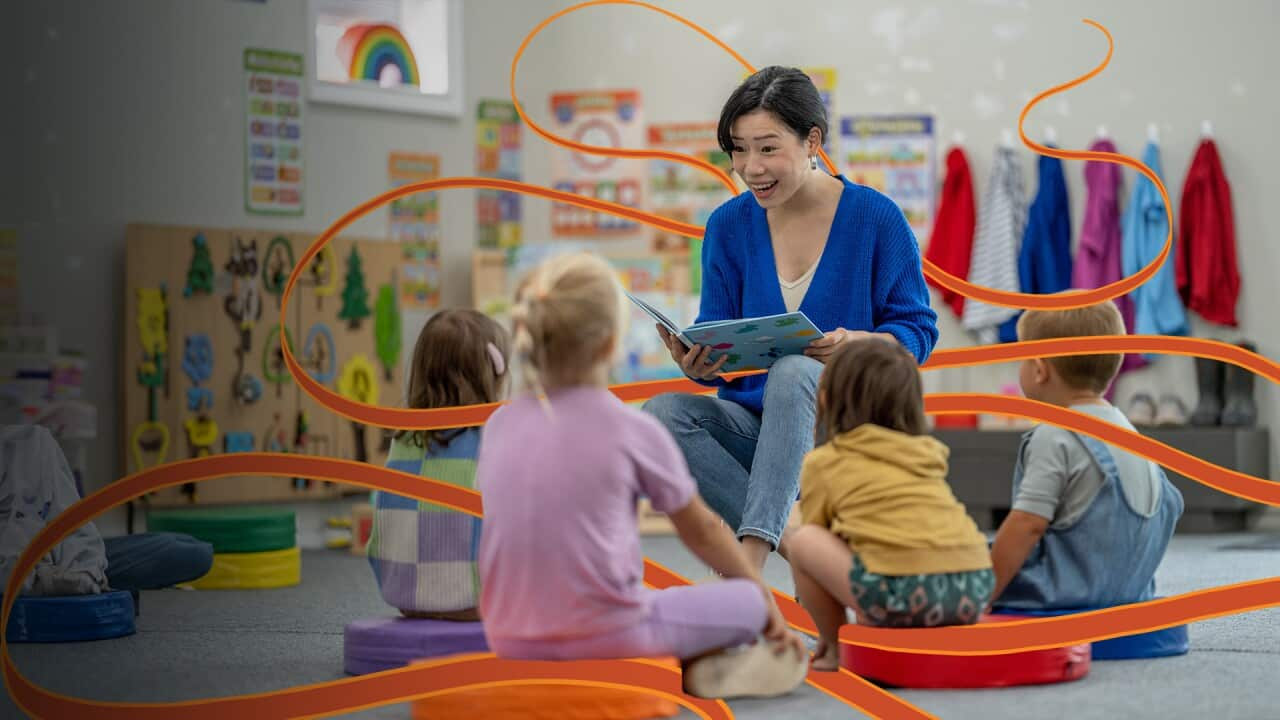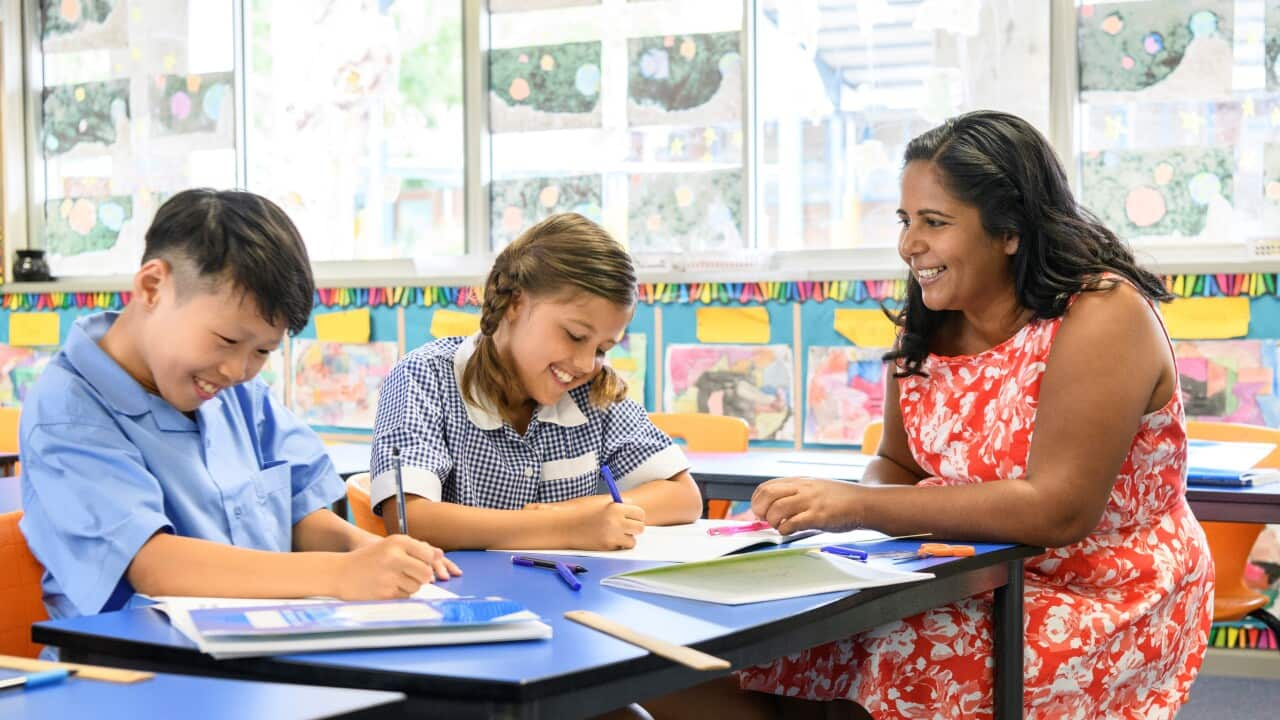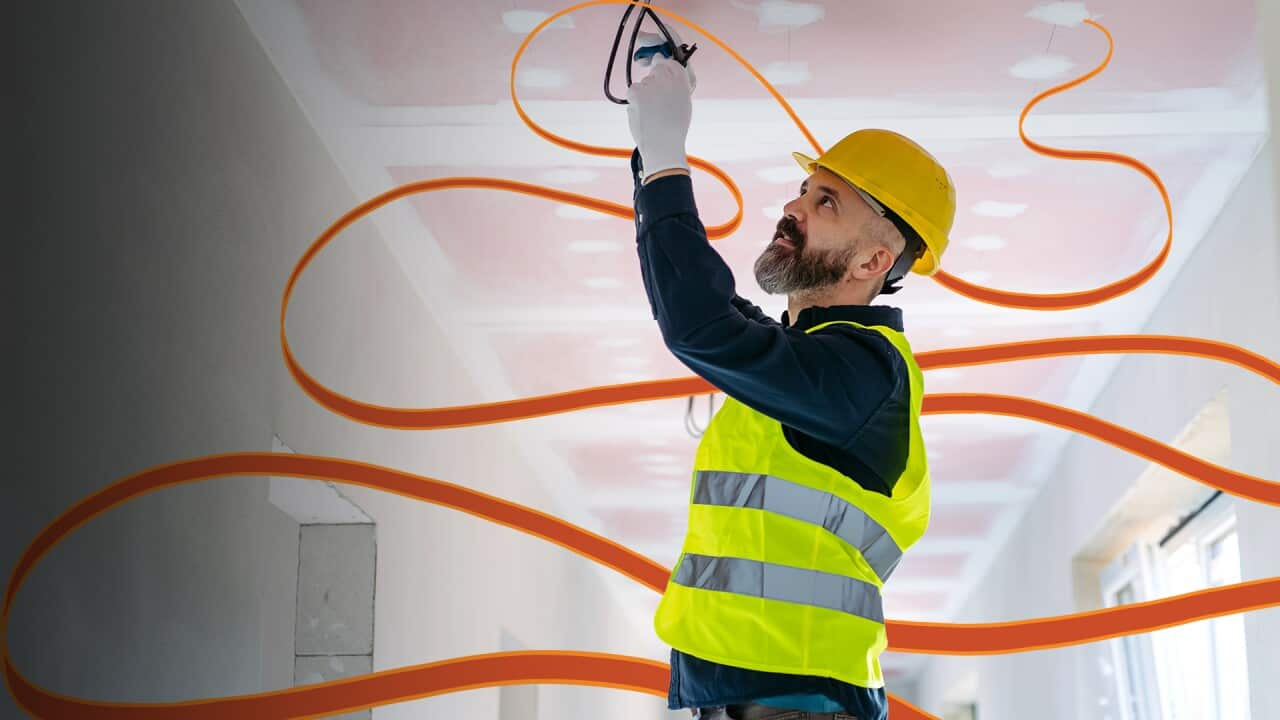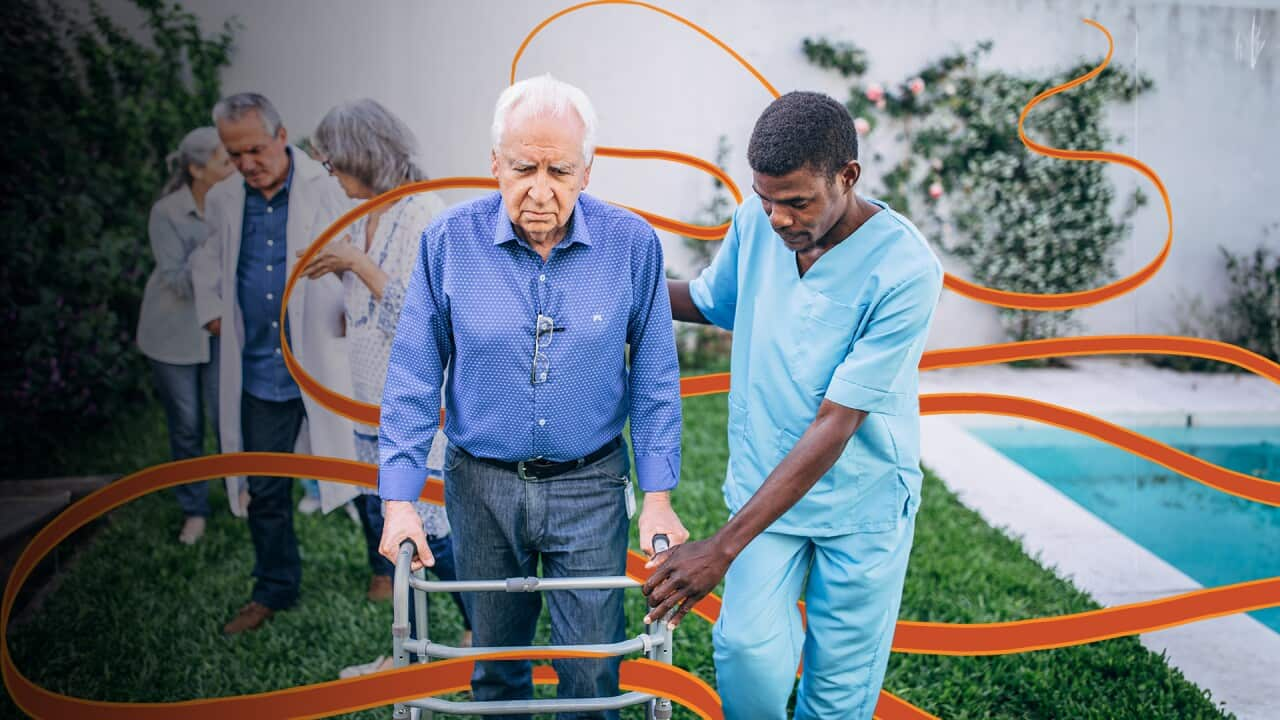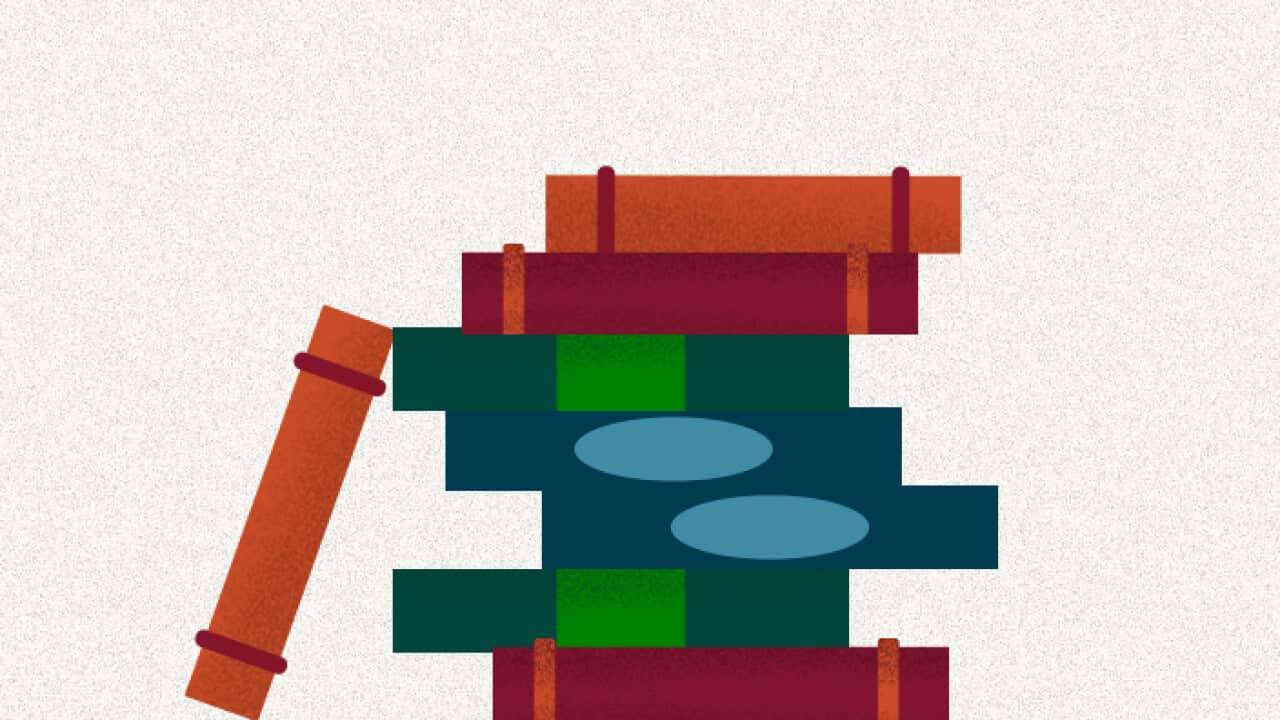- How can migrants become early childhood educators in Australia?
- What qualifications do you need to work in early childhood education?
- What are the qualification pathways to a career in early childhood education?
- Can you work in childcare while studying in Australia?
- How long does it take to get a Certificate III in Early Childhood Education and Care?
- What support is available for migrants starting a career in childcare?
- What are the job opportunities in early childhood education in Australia?
- Do you need good English skills to work in early childhood education?
- Why is diversity important in Australia’s early childhood education sector?
This article shares practical tips from Work in Progress, an Australia Explained series exploring the journeys of skilled migrants building meaningful careers in Australia. Listen to all the episodes for more inspiring stories and expert advice.
Through Cindy’s story, along with advice from an industry expert, this episode aims to guide you in finding a suitable pathway to your own career in early childhood education.
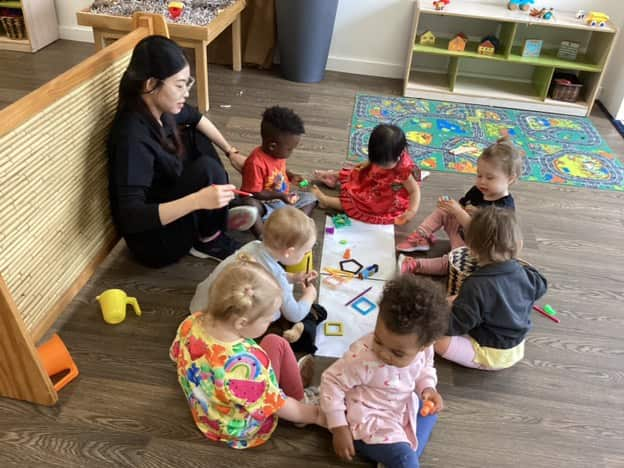
Australia’s early childhood education sector thrives on migrant talent. More than 30 per cent of educators, teachers, and managers are born overseas, bringing vital skills and cultural perspectives to classrooms. With demand set to grow by 54,000 qualified educators over the next decade, their contribution is key to the sector’s future.
Gia Hoai Tran, who goes by Cindy in Australia, migrated from Vietnam and built her career in early childhood education. Starting out while still completing her certification, she quickly advanced through the sector, becoming part of the vital workforce meeting Australia’s growing demand for qualified educators.
How can you become early childhood educators in Australia?
Cindy migrated from Vietnam and began building her career in early childhood education while still completing her certification. With determination and hard work, she quickly progressed through the sector, becoming part of the vital workforce helping to meet Australia’s growing demand for qualified educators.
Michael Petrie, from the Australian Children’s Education and Care Quality Authority (ACECQA), explains, “We’ve had a strong promotion of multiculturalism and a real emphasis on valuing people from different cultural backgrounds.”
ACECQA is the official assessing authority for a Migration Skills Assessment, which is required for migrants applying for a skilled visa.

What qualifications do you need to work in early childhood education?
Cindy, first came to Australia to study business. But she soon realised her passion for working with children and enrolled in a Certificate III in Early Childhood Education and Care.
The minimum requirement to work in a centre-based service—such as long day care, preschool, or kindergarten—is a Certificate III in Early Childhood Education and Care.Michael Petrie
In addition, Cindy had to complete:
- A Working with Children Check (mandatory in all states and territories).
- A certified First Aid course from an ACECQA-approved provider.
As she gained experience, Cindy began working towards her Diploma in Early Childhood Education and Care, opening the door to higher-level roles.
What are the qualification pathways to a career in early childhood education?
Early childhood education in Australia offers a clear, step-by-step qualification pathway for those looking to build a rewarding career:
- Certificate III in Early Childhood Education and Care – the entry point for working as an educator.
- Diploma of Early Childhood Education and Care – opens opportunities to take on senior roles, such as lead educator or room leader.
- Bachelor of Early Childhood Education (or Teaching) – qualifies you as an Early Childhood Teacher (ECT), with further opportunities in leadership, curriculum design, or management.
This pathway allows you to begin working while you study, gain practical experience, and progressively move into more advanced roles as your qualifications grow.
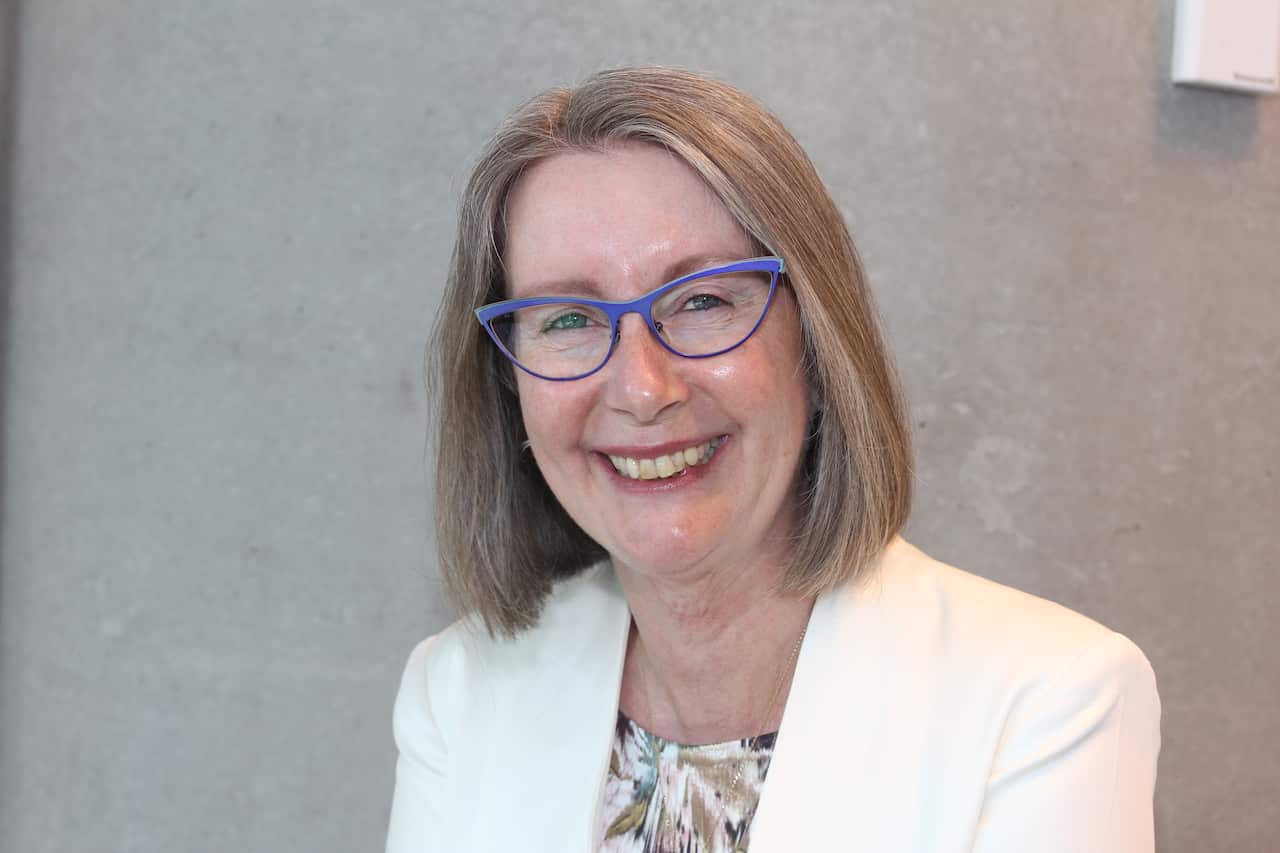
Can you work in childcare while studying in Australia?
Yes — many students work while completing their studies. Cindy began her first job in a childcare centre while still studying for her Certificate III.
Although balancing tuition fees and living costs during a cost-of-living crisis was challenging, her previous childcare experience in Vietnam gave her a head start.
There were times I felt like quitting, but with more experience, you can move into better roles, with better pay.Cindy
Just a few months later, Cindy was promoted to room leader, a role where she oversees a team of educators while continuing her studies.
How long does it take to get a Certificate III in Early Childhood Education and Care?
The Certificate III usually takes about one year to complete. Many students do it through a work placement or internship, allowing them to gain hands-on experience while studying.
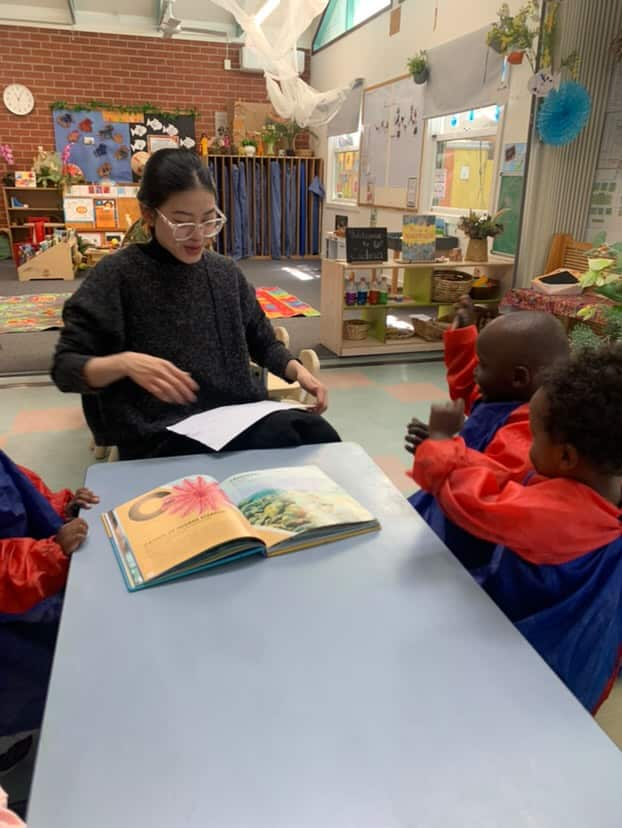
What support is available for migrants starting a career in childcare?
Elizabeth Death, CEO of the Early Learning and Care Council of Australia (ELACCA), says there are multiple entry points and pathways:
Students can sometimes find work in Outside School Hours Care (OSHC) before completing their qualification.
Some providers fund part of the qualification costs and offer time off for study.
“There's a shortage across our whole sector,” Elizabeth says. “Now is exactly the time for someone to say: ‘I have the commitment; I can support diverse communities—will you help me?’”
What are the job opportunities in early childhood education in Australia?
The sector is facing a critical shortage, with more than 20,000 additional educators needed in the short term. Migrants like Cindy are helping to fill this gap.
From early childhood centres in major cities to smaller regional services, opportunities exist across Australia for qualified educators at all levels.

Do you need good English skills to work in early childhood education?
While strong English is important, multilingual skills are seen as a strength.
In Cindy’s classroom, children speak Korean, Japanese, Vietnamese, and other languages alongside English. Although Cindy sometimes finds English challenging, she says families and colleagues are supportive.
People who have English as a second language and a different cultural background — that’s their superpower. Language and culture add value to the early childhood sector, rather than being a hindrance.Elizabeth Death
Why is diversity important in Australia’s early childhood education sector?
With four in 10 educators born overseas, diversity is considered a vital strength.
“Language and culture are what will build value within the sector,” Elizabeth explains. “We need a workforce that reflects our diverse communities.”
Disclaimer: Cindy’s story is just one example of a career journey in early childhood education. The advice shared in this article and podcast is correct at the time of publishing. For the most up-to-date information, and to understand what applies to your particular circumstances, please refer to the Australian Children’s Education & Care Quality Authority (ACECQA), or the Department of Home Affairs for migration-related advice.
